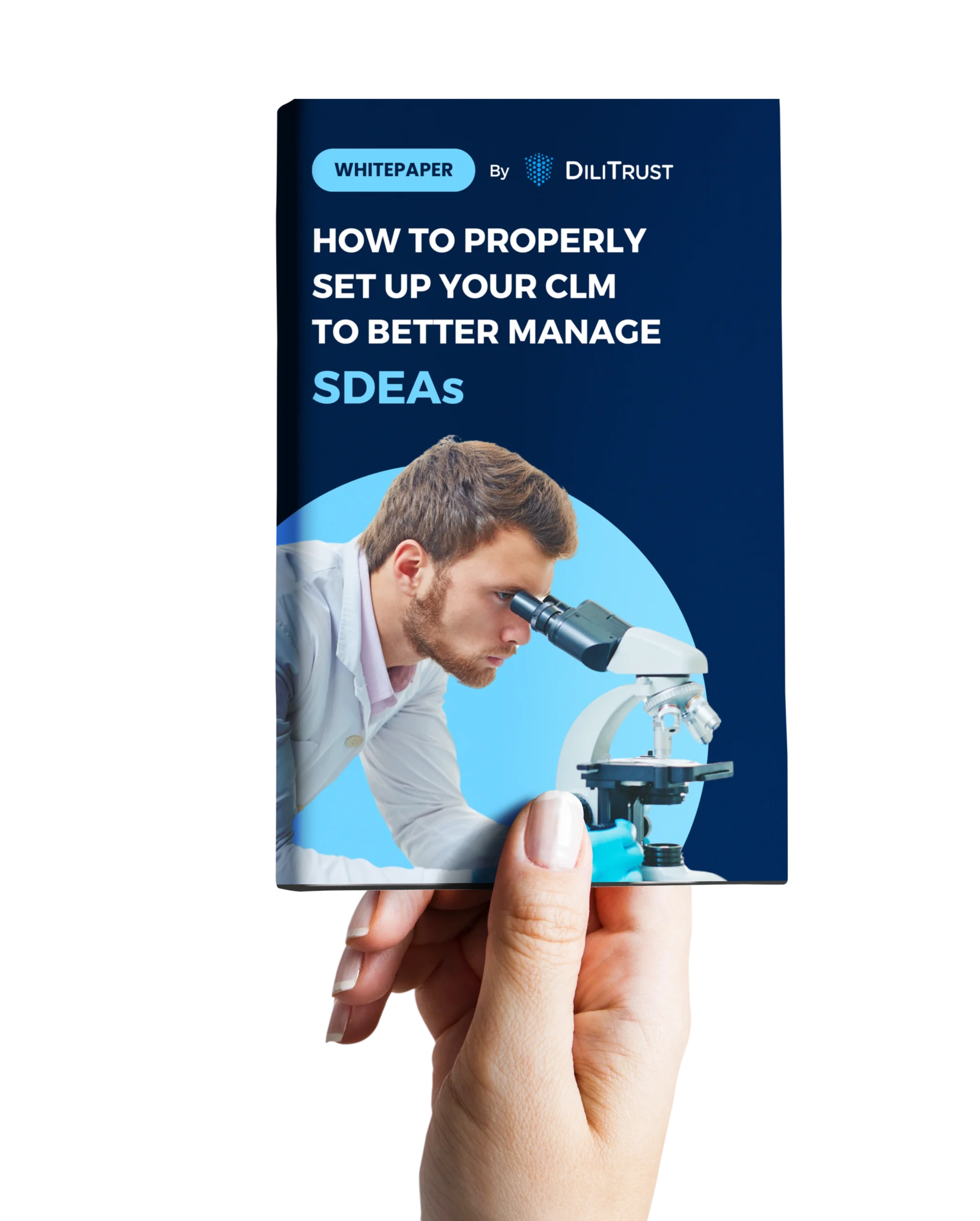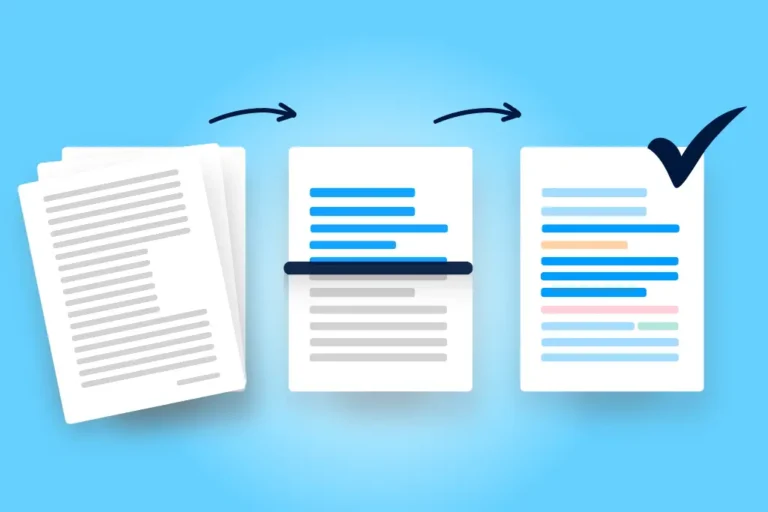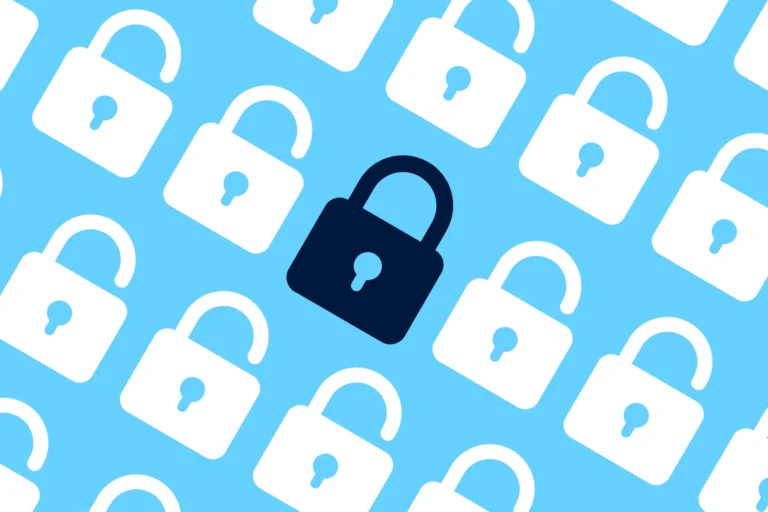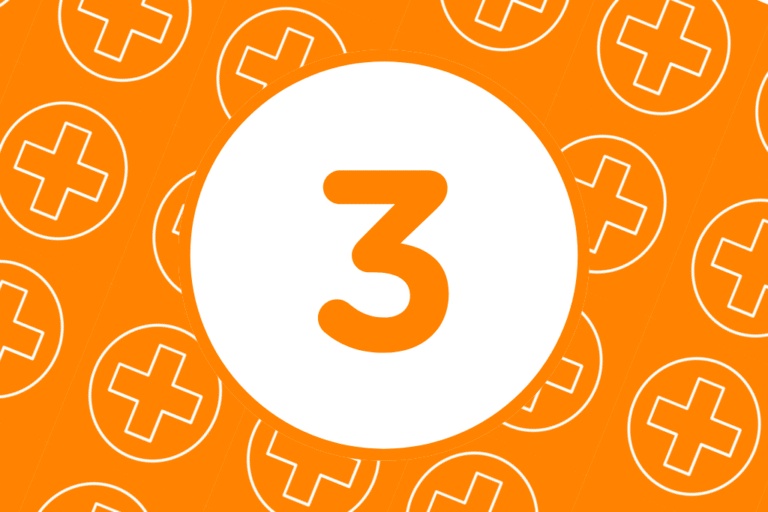The pharmaceutical industry is considered to be at the forefront of innovation, with product development improving quality of life for many people around the globe. Operating in a highly competitive industry involving many stakeholders, data security is of the utmost importance, including the protection of contract data.
In an industry where proprietary research, clinical trials and distribution, and approval contracts are crucial for success, the security of contractual data must not be overlooked. The specificities of the pharmaceutical industry, coupled with the omnipresent risk of data leakage and attacks in a sector with strict rules, underlines the importance of data protection tools.
In this article, we’ll find out how to protect contractual data in the pharmaceutical industry. From sector challenges to regulatory requirements imposed by public authorities, discover how your CLM can become your ally in productivity, data protection, efficiency and regulatory compliance.
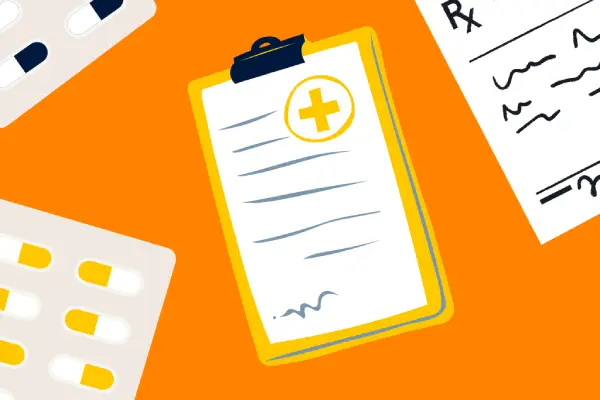
The Challenges of Data Security in the Pharmaceutical Industry
The pharmaceutical industry is characterized by unique challenges and complexities. Unlike other sectors, this industry has to juggle strict regulations, potentially long development times, high R&D costs and numerous stakeholders. Always striving for high safety standards, a need for compliance, a strong code of ethics, and constantly optimizing efficiency, the path from development to commercialization is sometimes fraught with pitfalls. From intensive testing periods, to clinical trials and the launch of new products, while taking into account patent expiries and high levels of competition, having the tools to help you on a daily basis is of the utmost importance in meeting all your needs.
Increased Need for Data Protection
In a complex environment, the need to protect information and data integrity is important. Companies operating in this industry deal with a wide range of sensitive information, from proprietary research to patient information. Ensuring data confidentiality, availability, and integrity, is important not only in terms of intellectual property, but also to protect the entire supply chain and the reputation of the company.
One of the industry’s most striking examples of data protection is clinical trial data. These trials are crucial in the development and approval of new products on the market, providing essential information on safety, efficacy and dosage. However, these clinical trials require the collection and analysis of sensitive data from trial participants, including medical history, genetic data and treatment results.
Ensuring the confidentiality of this data is essential to protecting the privacy of patients and individuals taking part in these trials, and to ensure compliance with regulations such as the Health Insurance Portability and Accountability Act (HIPAA) as well as the General Data Protection Regulation (GDPR). Any data leakage could have serious consequences, including legal penalties, damage to reputation and loss of trust on the part of other industry professionals.
The Importance of Data Security in the Pharmaceutical Industry
In an industry where innovation is fierce, effective contract management is the key to success. Contracts govern relationships with suppliers, partners and customers alike, laying the foundations for research and development, manufacturing, and distribution.
Sensitive Information Specific to Pharmaceutical Contracts
Pharmaceutical industry contracts contain a great deal of sensitive information that needs to be protected. From patented formulas and manufacturing processes to pricing agreements and intellectual property, these contracts are very important to the company’s business activities. Any unauthorized access, modification, or disclosure of this information can have a considerable impact on the affected companies and can lead to litigious ends.
Regulatory Requirements
In addition to company-held information, the pharmaceutical industry must comply with strict rules to ensure the protection of sensitive data. Laws such as HIPAA and GDPR impose strict rules regarding the protection of patient data with encryption techniques, access control, and data leak notification procedures.
The Role of Tools in Achieving Compliance with Evolving Regulations
In order to cope with the constant changes in regulations and the growing complexity of contractual agreements, pharmaceutical companies need to equip themselves with advanced tools and solutions to achieve compliance, and limit the risk of data leakage. A Contract Lifecycle Management (CLM) solution plays an important role in this area, offering a complete and feature-rich suite to streamline contract management processes, improve data protection, and assist with regulatory compliance.
The limits of traditional contract management
Traditional contract management methods, such as manual management and paper contracts, are no longer suited to today’s digital environment. These methods are prone to human error, lack of visibility and control, and can therefore prove inefficient. What’s more, such manual management offers limited capacity when it comes to protecting data and ensuring compliance with ever-changing regulations.
Contract management solutions are designed to address evolving data management and protection needs by providing a centralized platform for managing contracts throughout their lifecycle. These solutions offer a wide range of functions, including contract creation, negotiation, approval, execution and monitoring. By automating these processes, and with the help of artificial intelligence, these CLM solutions enable companies to standardize workflows, improve efficiency and reduce risk.
Key features of CLM solutions for data protection and regulatory compliance
CLM solutions offer a multitude of features to enhance data security and ensure regulatory compliance, including:
- Efficiency contract creation with automation: automate contract creation, analysis, and collaboration with OCR and AI technology, streamline tasks and approvals, and tailor contracts efficiently using pre-approved templates and clause libraries.
- Improved collaboration and document control: enhance collaboration and document control by enabling proofreading and editing in familiar platforms like Microsoft Word or Google Docs, organizing documents centrally for easy access and searchability, automating tasks and approvals based on contract data, facilitating efficient collaboration with team members, and maintaining transparency with detailed version history records.
- Enhanced contract execution and protection: optimize contract execution and protection by offering a range of versatile e-signature providers for seamless signing, ensuring legal validity and compliance with thorough audit trails of signature certificates, and protecting sensitive information with robust identity verification and Two-Factor Authentication (TFA).
- Enhanced visibility and control with centralized storage: Improve visibility and control with centralized storage, allowing secure organization of contracts and enabling seamless collaboration between teams, while offering granular control over access and management. Additionally, stay organized with a comprehensive overview of daily activities, tasks, tags, and comments through the newsfeed summary directly from your homepage.
- Ease to monitor contract status and progress: effortlessly track contract status and progress with automated reminders for deadlines and key dates, easily export or transfer data to third-party platforms, gain insights into contract status at a glance, and perform deep analysis using integrated reporting tools and custom KPIs to analyze contract data or metadata.
Data security and regulatory compliance are key aspects of contract management in the pharmaceutical industry. As companies operate within the complexity of contractual agreements and regulatory requirements, it becomes imperative to leverage advanced tools and solutions such as Contract Lifecycle Management (CLM) systems. These solutions offer robust functionality to enhance data security, ensure compliance with ever-changing regulations and streamline contract management processes.
Pharmacovigilance stands as a cornerstone of healthcare, dedicated to evaluating, understanding, and avoiding Adverse Effects (AEs) or challenges linked to pharmaceutical products and medications.
At the heart of this lies the Safety Data Exchange Agreement (SDEA), a vital instrument ensuring the swift and effective sharing, or exchange, of all safety-related information concerning a pharmaceutical product.
